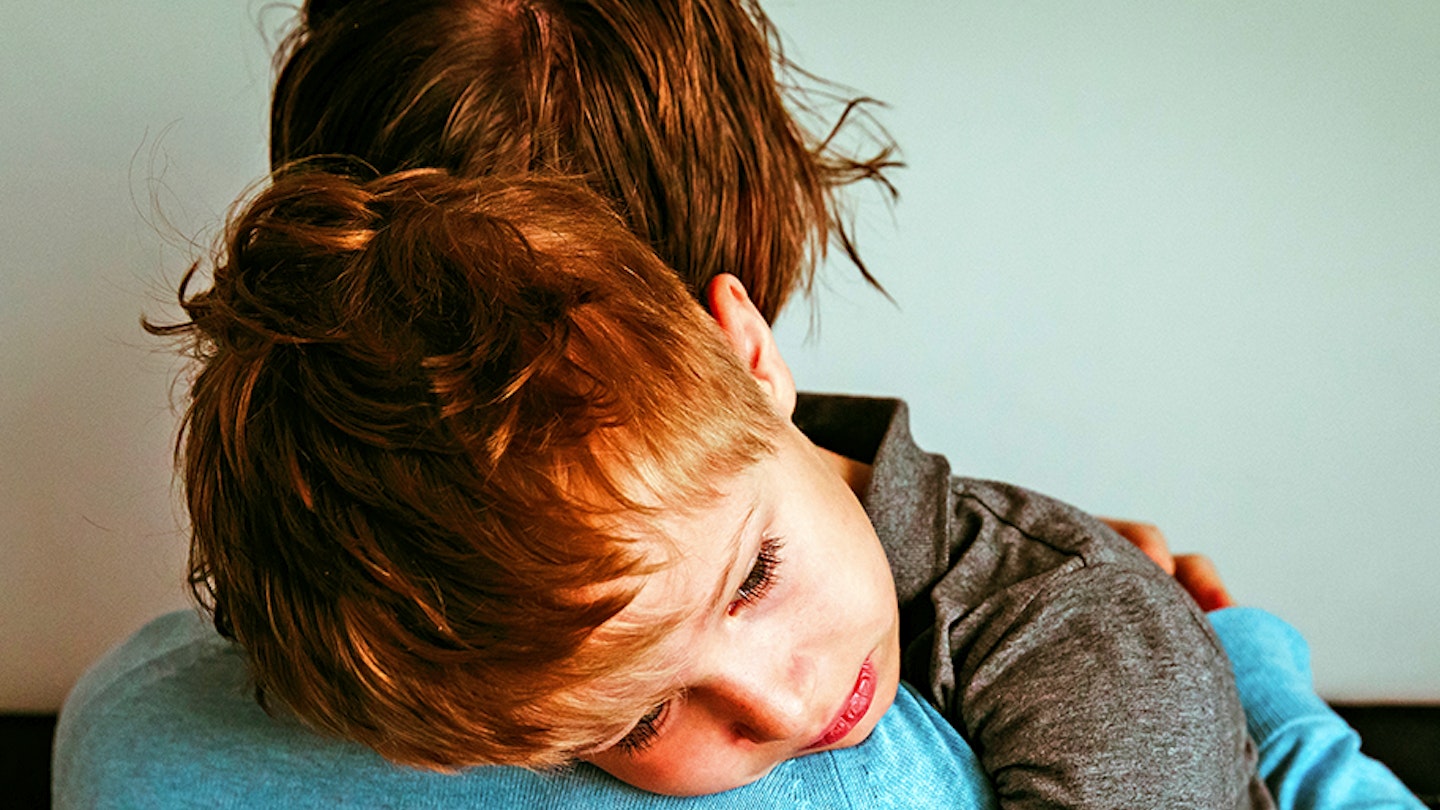It’s Child Grief Awareness Week, and here we share how to help children through loss
Communication
Include your children in relevant conversations, using age-appropriate language. Kids are always aware of what’s going on around them, so don’t try to shield them. Use words that are a correct description of your situation, and avoid using euphemisms, which can be confusing.
Timing
Whether you’re speaking to your child after the death of a parent or providing emotional support before the death of a parent, choose a time to speak to them when there are no other distractions. Avoid bedtime when they’re tired and keep conversations short, making it easier to understand.
Reach out
Seek professional help during these times — there are some amazing charities out there. If a parent has been diagnosed with an incurable condition, for example, the Ruth Strauss Foundation offers pre-bereavement support for families with dependent children. Visit ruthstraussfoundation.com
Emotions
It’s all right to show emotion when you talk to your child, but try not to be too emotional in front of them. Children learn by watching adults around them. Some children will show no emotions, while others may cry regularly — there’s no right way to be sad.
Routines
Grief takes time, but children really benefit from the comfort of regular routines and knowing that life goes on. If you’re struggling to juggle it all, reach out to friends and family. Don’t be afraid to ask for help.
